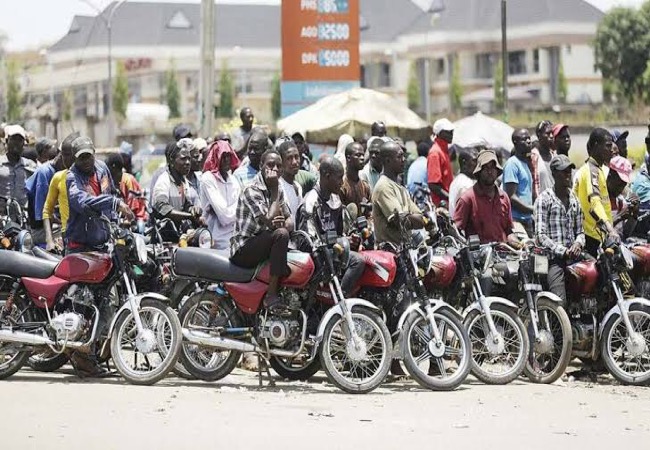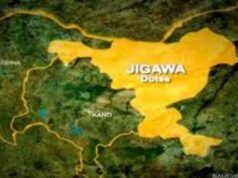Some residents of Lagos State have called for a total ban on commercial motorcycles, popularly called ‘Okada’ in six Local Government Areas of the state.
Speaking at a stakeholders’ forum convened to review the ban on commercial motorcycles, the Lagos State Commissioner for Information and Strategy, Gbenga Omotoso, said Governor Sanwo-Olu mandated a committee to engage stakeholders and review the ban, which took effect on June 1, 2022.
The commissioner said: “After seeing the results of the ban in the six local government areas, many Lagosians have been calling on the government to expand the ban. Some say it should be statewide, considering the present anxiety over security. Mr. Governor has mandated us to have this meeting to discuss what next”.
Calling on stakeholders to present sincere opinions and recommendations that would aid the government’s decision, Omotoso noted that data available after the ban indicated an improvement in security, a reduction in motorcycle accidents, and lower admission of ‘ókada’ victims in hospitals.
On his part, the Lagos State Commissioner for Transportation, Frederic Oladeinde, said an anti-okada squad was inaugurated to aid the police and task force in enforcing the ban.
Oladeinde said: “In the affected areas within the period under review, available records show that crime and accident rates reduced by 86% and 63.7% while 7,500 motorcycles were impounded and crushed.”
The commissioner stated that the forum was convened “to reignite the state’s commitment to tackling insecurity, crime, non-compliance to safety rules and traffic regulations as well as underground activities perpetuated by non-state actors with the use of Okada.”
READ ALSO: S’West govs express concern over influx of Okada riders
Oladeinde further assured that the Lagos State Government would consider the views at the forum in taking further decisions on the Okada menace.
Also speaking at the meeting, popular journalist, Babajide Otitoju, stressed the need for participants to give candid opinions that would help Governor Sanwo-Olu take the most beneficial decision on Okada.
Otitoju gave examples of states that had banned the mode of commercial transportation, saying: “When Boko Haram was using Okada to kill people, the government had no choice but to ban Okada in Kano. If it can happen in Kano, I am convinced a total ban can work in Lagos.”
He cited examples of other states that had banned Okada as Akwa Ibom and Enugu.
The Lead Speaker at the forum, Prof. Bamidele Badejo, Dean of the Faculty of Social and Management Sciences, Olabisi Onabanjo University Ago-Iwoye, traced the emergence of motorcycles as a means of transportation in Lagos to the economic depression in the early eighties.
He, however, noted that the advent of Okada heralded security and safety challenges, health consequences, confusion on highways, and high level of indiscipline and harassment on Lagos roads, among others.
Prof. Badejo insisted that commercial motorcycles must be banned, saying the trend does not comply with “global best practices for mobility infrastructure development and its health consequences, such as pollution; smoke emission and, abuse of drugs, among riders, as well as security and safety challenges.”
Others present at the meeting were the Permanent Secretary, Ministry of Transportation, Kamal Olowosago; the Executive Assistant to the Governor on New Media and Public Relations, Olusegun Fafore; and other top functionaries of the state government.
- APC vice chair to Fubara: You must go through Wike to win anything in Rivers - December 30, 2025
- AFCON 2025: Super Eagles thrash 10-man Uganda in final Group C game - December 30, 2025
- ‘Reliable ally’: Tinubu lauds Uba Sani on 55th birthday - December 30, 2025










